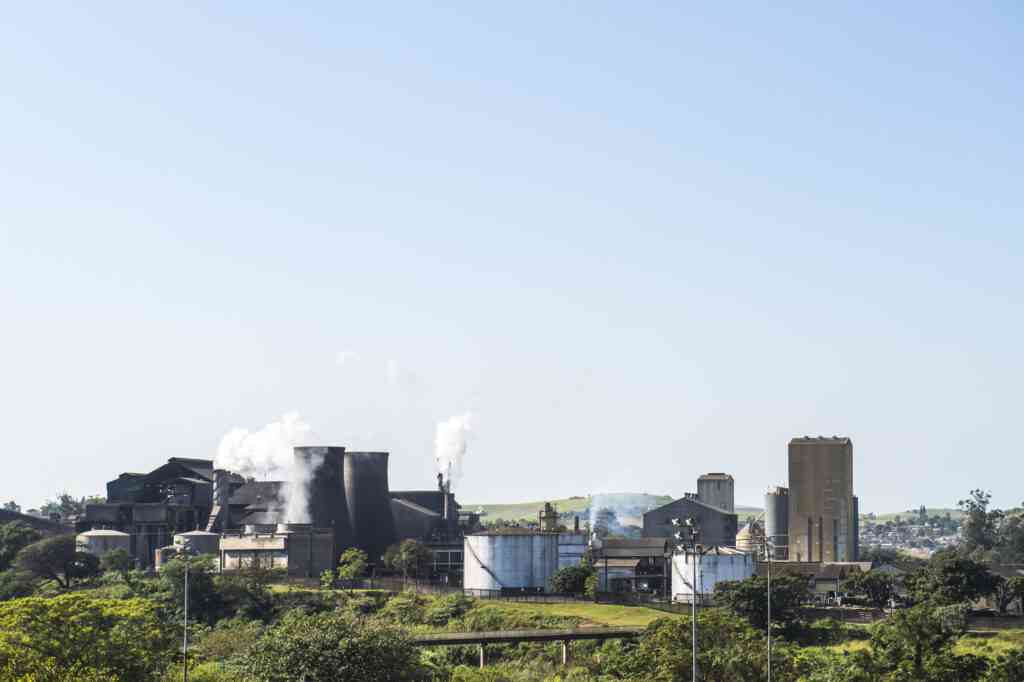THE insurance and pensions industry has poured over US$300 million in sustainability and climate resilience related projects in the last seven years as it intensifies its efforts towards economic growth and sustainable development.
The investments in are agriculture, infrastructure and biological assets, among others.
Speaking on the role of insurance regulation in enhancing climate risk resilience during Zimbabwe Economic Development Conference in Victoria Falls yesterday, Ipec director pensions and life Cuthbert Munjoma said the sector had traditionally contributed to sustainability and climate resilience through asset allocation.
Munjoma made a call for global and regional supervisors to be more deliberate in adopting environmental, social, governance and sustainability financing.
“Ipec’s 2025 strategic milestone is to issue a sustainability guideline for insurers and pension funds. There are solar and mini-hydro power plants financed by insurance companies and pension funds feeding into national grid with US$57,3 million having been invested in six renewable energy projects since 2018. ZETDC [Zimbabwe Electricity Transmission and Distribution Company] is the main offtaker of power produced by IPPs [independent power producers]. There have been offtaker agreements between IPPs and exporting companies by, for example, mining houses,” he said.
- Triangle retrenches as economy bites
- Caledonia in US$42 million capex drive for 2025
- Mukuru launches mobile wallet in Zim to bolster financial inclusion
- Economy heads for a bloodbath: Biti
- NBS completes Glaudina housing project ahead of schedule
Munjoma said over US$50 million had been invested in 22 infrastructure projects over the last five years, with examples being the development of green buildings such as malls, hotels such as Palms, Zesa’s Vic Falls Hotel, Unified Councils Pension Fund housing and servicing of residential stands, roads and sewer, new residential establishments and social infrastructure such as university accommodation and hospitals, among others.
In terms of biological assets investments, Munjoma said the industry had made over US$200 million investments in agricultural financing.
“We have seen over US$200 million invested in agricultural financing over the last five years, investment in alternative assets biological assets — cattle, macadamia nuts and pecan nuts trees,” Munjoma said.
He said there was scope to enhance capacity to underwrite climate risk calling for the need to enhance capacity of local reinsurers to curb the externalisation of risks to other markets.
“Ipec has recommended that government considers subsidising insurance premiums for smallholder farmers. We reiterate the need to co-opt financial supervisors in national structures on climate financing. [The] insurance and pensions industry is playing a key role in climate risk mitigation,” Munjoma said.













